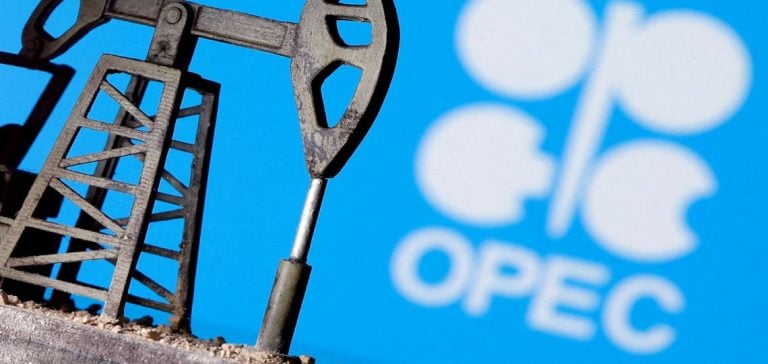The Organization of the Petroleum Exporting Countries (OPEC) has recently revised its forecasts regarding global oil demand for the years 2024 and 2025. According to the latest monthly report published on Monday, OPEC anticipates a more moderate growth than previously estimated. This revision reflects adjustments based on economic data and current trends in the energy market.
The report indicates that global oil consumption is expected to reach an average of 104.1 million barrels per day in 2024, a slight increase compared to the 102.2 million barrels per day recorded in 2023. For 2025, the forecast stands at 105.7 million barrels per day. These figures show a downward revision compared to OPEC’s previous forecasts, which projected 104.2 million barrels per day in 2024 and 105.9 million in 2025.
Factors Influencing the Forecast Revision
OPEC explained that the adjustment to its forecasts is mainly due to more conservative actual economic data and slightly lower projections for certain regions of the world. Despite this revision, the organization estimates that oil demand will continue to grow significantly. In 2024, demand is expected to increase by 1.9 million barrels per day, which remains above the historical average of 1.4 million barrels per day observed before the Covid-19 pandemic.
Differentiation Between OECD Member and Non-Member Countries
OPEC’s analysis also distinguishes demand between member countries of the Organization for Economic Cooperation and Development (OECD) and non-member countries. Oil demand in non-OECD countries is expected to increase by 1.8 million barrels per day in 2024 compared to 2023, while demand in OECD member countries will only rise by 0.1 million barrels per day, mainly from the Americas.
Perspectives for 2025 and Beyond
For the year 2025, OPEC forecasts global oil demand growth of 1.6 million barrels per day, a downward revision compared to previous projections. The organization emphasizes that demand from non-OECD countries, particularly China, other Asian countries, the Middle East, and India, will be the main driver of this growth.
Environmental Impact and Long-Term Perspectives
In 2019, before the Covid-19 pandemic, global oil consumption averaged around 100 million barrels per day. Oil, alongside coal and natural gas, is one of the main sources of greenhouse gas emissions responsible for the rise in global temperatures. Last month, OPEC stated that oil demand is expected to continue growing at least until 2050, marking a contrast with the projections of the International Energy Agency (IEA).
The OECD Energy Agency, on the other hand, anticipates a peak in demand for all fossil fuels—oil, gas, and coal—in the coming years of the current decade. This projection is supported by the rise of cleaner energies and electric mobility, which are expected to gradually replace traditional energy sources.






















